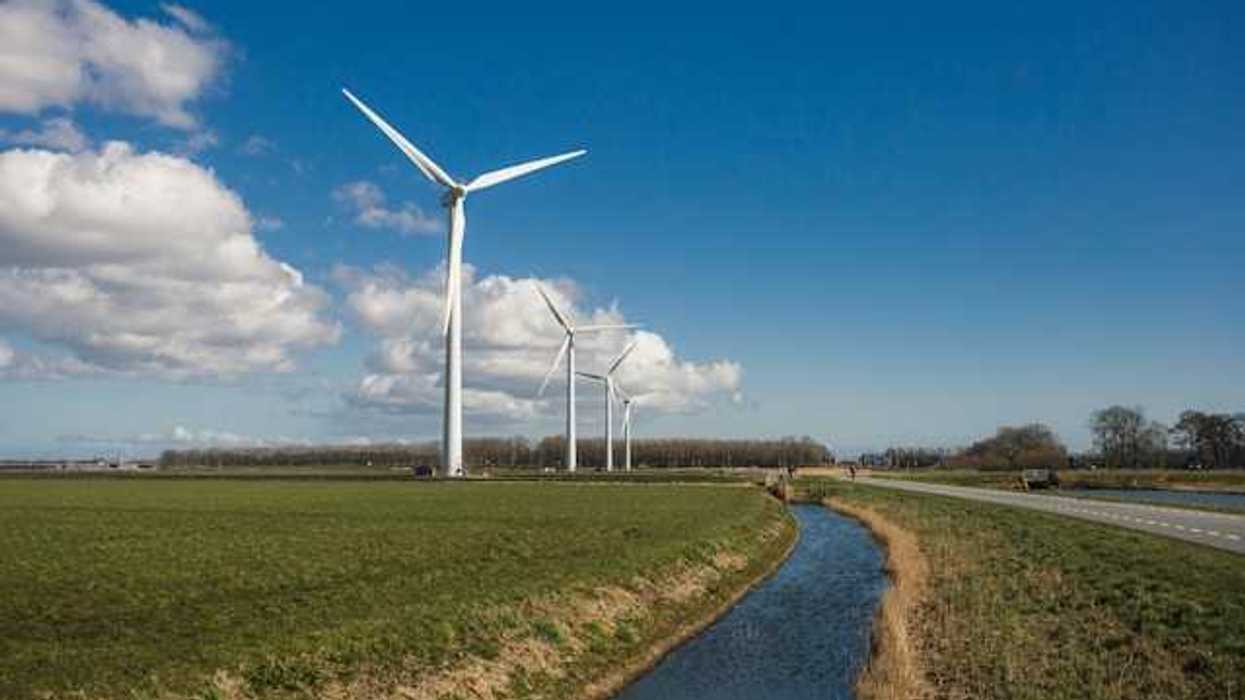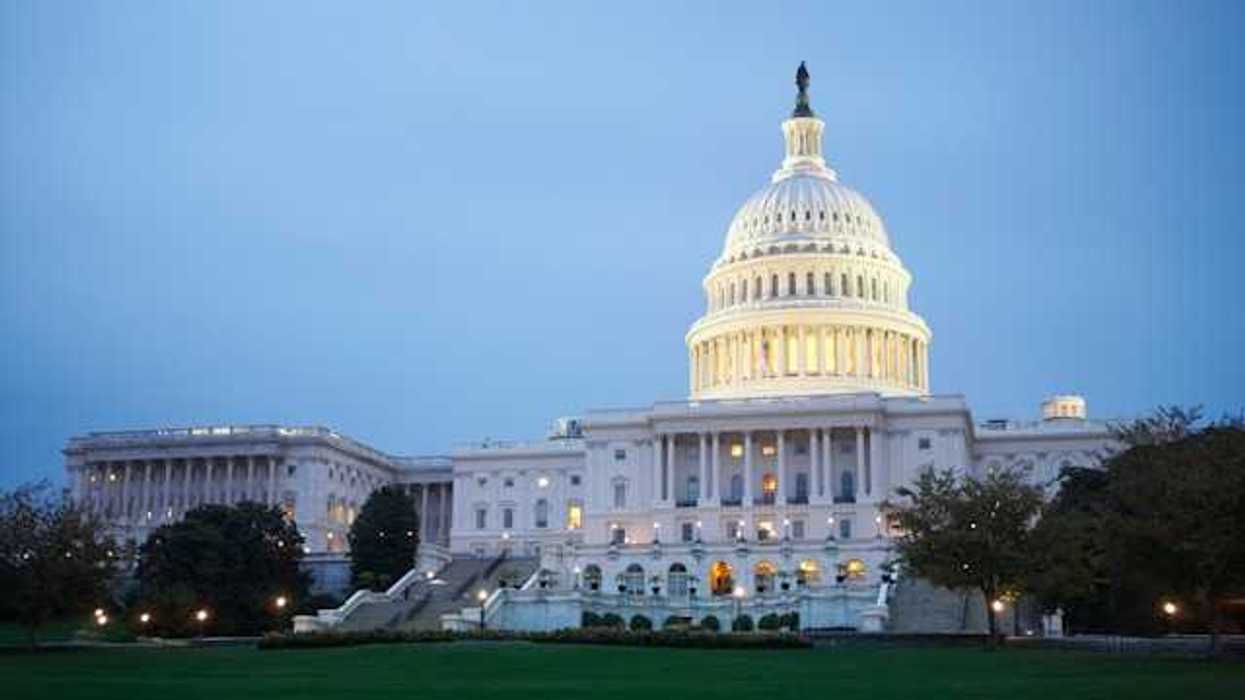Solar developers are rushing to complete a record number of projects in 2025 before new Trump administration policies scale back support for clean energy.
Julian Spector reports for Canary Media.
In short:
- The U.S. is set to add more than 33 gigawatts of solar power in 2025 — over half of all new electric capacity — before federal tax credits are curtailed under new Republican policy.
- Trump’s administration has taken steps to block or delay clean energy, including repealing tax credits, halting projects on public lands, and using emergency powers to prop up aging coal plants.
- Clean energy, including solar, wind, and battery storage, currently represents over 90% of all new power plant construction in the U.S., but this trend may reverse as new policies take effect.
Why this matters:
The U.S. power grid is in a critical moment. Demand is climbing, driven by electrification, industrial growth, and energy-hungry technologies like AI. Solar and wind are among the cheapest sources of electricity, and new builds help cut both costs and carbon emissions. But policy can tip the balance. Ending tax incentives and protecting fossil fuel plants slows the shift toward a cleaner grid. That risks not only stalling climate progress but also straining electricity supply just as the country needs more of it. Utilities may revert to costlier and dirtier options, burdening consumers with higher bills and worsening air pollution, particularly in vulnerable communities near fossil-fuel plants.
Learn more: New IRS rule makes it harder for wind and solar farms to qualify for tax credits
















